Meet The Faculty
The Department of Neurology at Mayo Clinic is a highly integrated, collaborative department of adult and pediatric neurologists who specialize in the research, diagnosis and treatment of more than 500 conditions and diseases affecting the nervous system. The Division of Autonomic Disorders includes neurologists dedicated to autonomic neurology.
Within the department, more than 100 specialists provide both one-time evaluation and continuing care for people with neurological diseases. Close collaboration with specialists in pediatric and adolescent medicine, speech pathology, neurosurgery, psychiatry and psychology, pain management, sleep disorders, and physical medicine and rehabilitation ensures that Mayo Clinic patients have comprehensive care.
Faculty
Each consultant has considerable experience in evaluating and treating people with complex neurological disorders, and each has individual clinical and research interests and expertise. The staff has collectively published hundreds of manuscripts in peer-reviewed journals and contributed toward many well-known books.
Specific expertise of members of the staff and the reputation of Mayo Clinic leads to a high-volume practice with a high proportion of patients with complex and challenging medical problems. The experience of the staff, coupled with the high-quality, integrated and efficient practices of all clinical and laboratory specialties, makes Mayo Clinic one of the finest clinical practices of medicine in the world.
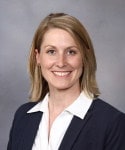 |
Elizabeth Coon, M.D. Dr. Coon is the Autonomic Disorders Fellowship program director. Her research focuses on the connection between movement and autonomic divisions. |
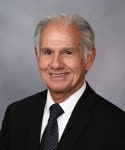 |
Eduardo Benarroch, M.D. Dr. Benarroch is a core faculty member. His research contributed significantly in the pharmacological and physiological dissection of the Valsalva maneuver. |
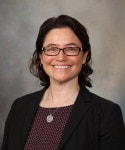 |
Sarah Berini, M.D. Dr. Berini is a core faculty member with significant expertise in peripheral nerve disorders. |
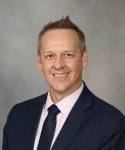 |
Jeremy Cutsforth-Gregory, M.D. Dr. Cutsforth-Gregory is a core faculty member. He is trained in movement disorders and was the first graduate of Mayo Clinic's UCNS-accredited Autonomic Disorders Fellowship. |
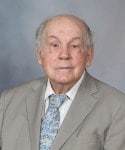 |
Peter Dyck, M.D. Dr. Dyck is a core faculty member. He helped found the Mayo Autonomic Reflex Laboratory in 1983. |
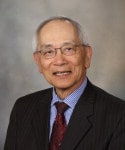 |
Phillip Low, M.D. Dr. Low is a core faculty member. He helped found the Mayo Autonomic Reflex Laboratory in 1983. |
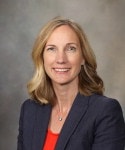 |
Michelle Mauermann, M.D. Dr. Mauermann is a core faculty member. She continues the tradition of excellence in autonomic laboratory reporting and peripheral nerve disorders. |
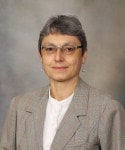 |
Paola Sandroni, M.D., Ph.D. Dr. Sandroni is a core faculty member. She has contributed significantly in the pharmacological and physiological dissection of the Valsalva maneuver. |
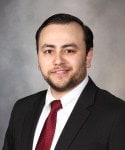 |
Kamal Shouman, M.D. Dr. Shouman is a core faculty member and an Autonomic Disorders Fellowship graduate. |
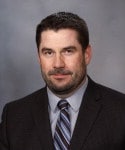 |
Wolfgang Singer, M.D. Dr. Singer is a core faculty member. He is continuing the strong research tradition of the autonomic group, well-supported by a core of experienced technicians and lab personnel. |
Facilities
The autonomic laboratory resides in the Gonda Building at Mayo Clinic in Rochester, Minnesota. The facilities include:
- Four tilt table study rooms
- Two thermoregulatory sweat test rooms
- A central reading room from which the physician can monitor the recordings continuously
Mayo Clinic has a very sophisticated, well-developed, electronic medical record system. The system, which covers both inpatient and outpatient medical interactions, is integrated throughout all Mayo campuses and facilities. It allows for rapid retrieval of all clinical, laboratory, and imaging studies for patients. A robust department intranet site provides ready access to extensive online resources for neurological education.
Advisers and mentors
You are assigned a faculty adviser who can provide comprehensive educational advice and personal support. The adviser also serves as a contact point, introducing you and your family to Mayo Clinic and the communities in which you will train.
Visiting professors
Many prominent professors visit Mayo Clinic each year and present their work during lectures. Residents and fellows are encouraged to take full advantage of these opportunities to interact with experts from other academic centers and are relieved from clinical assignments to do so.